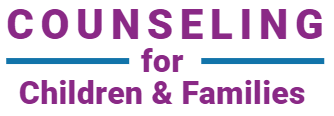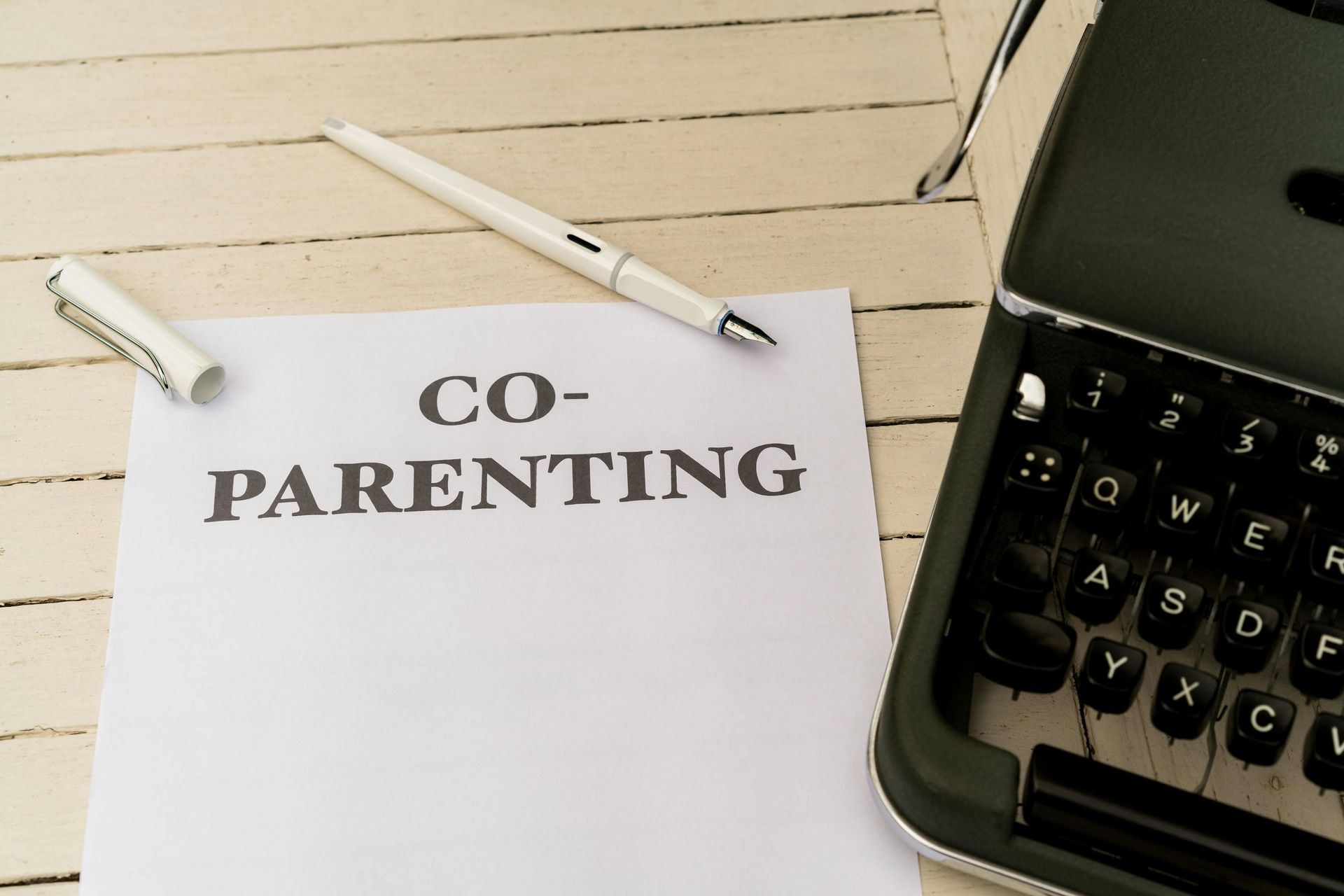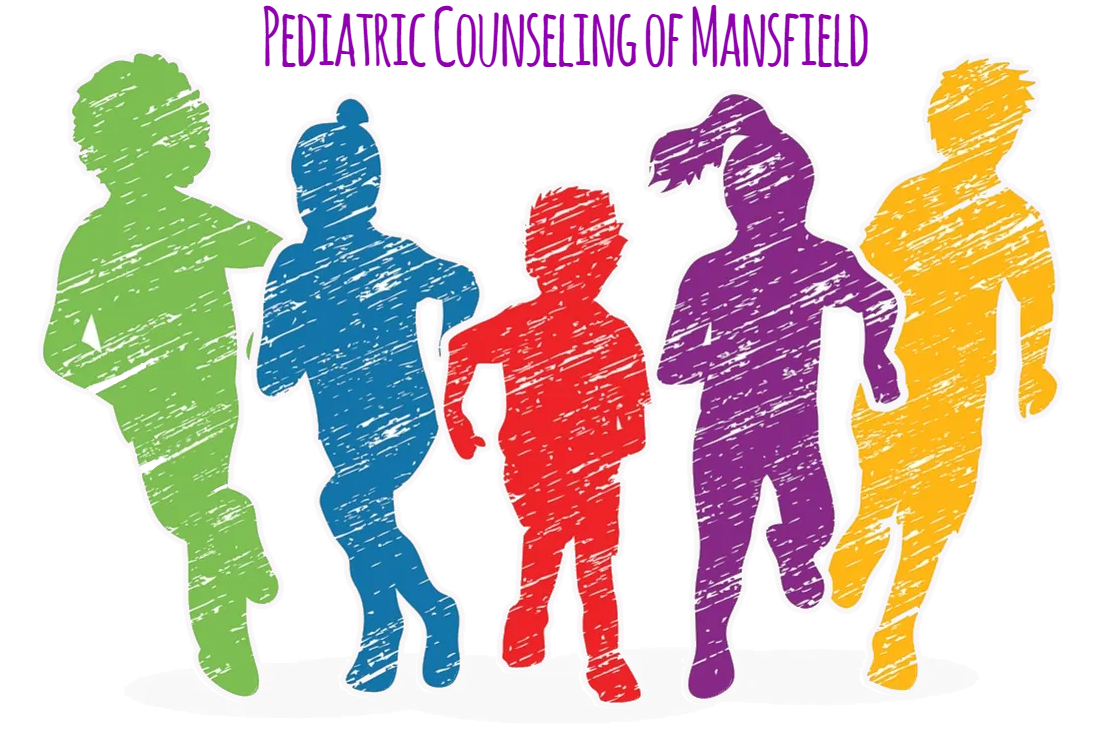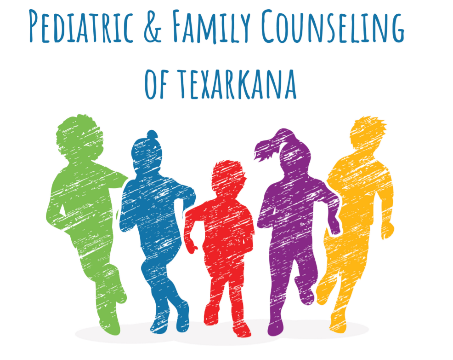Punishment Versus Discipline
Understanding the Differences and Their Impact on Growth
In the realm of parenting, education, and personal growth, the terms "punishment" and "discipline" are often used interchangeably. However, these concepts differ fundamentally in their approach, intention, and outcomes. Understanding these differences is crucial for fostering healthy development, whether in children, students, or oneself.
The Essence of Punishment
Punishment is typically a reactive measure aimed at correcting undesirable behavior through negative consequences. Its primary focus is on instilling fear of repercussions to deter future misbehavior. Common forms of punishment include time-outs, taking away privileges, or imposing physical penalties.
Key Characteristics of Punishment:
- Reactive Nature: Punishment usually occurs after the undesired behavior has taken place.
- Focus on Consequences: The emphasis is on the negative outcome rather than understanding the root cause of the behavior.
- Fear-Based Approach: Punishment often relies on fear to enforce compliance, which can lead to resentment and defiance.
- Short-Term Compliance: While punishment can yield immediate results, it may not foster long-term behavioral change.
The Concept of Discipline
Discipline, on the other hand, is a proactive and educational approach aimed at guiding individuals toward self-control and responsible behavior. It focuses on teaching, understanding, and nurturing growth through positive reinforcement and constructive feedback.
Key Characteristics of Discipline:
- Proactive Strategy: Discipline involves setting clear expectations and providing guidance before issues arise.
- Root Cause Analysis: It seeks to understand the underlying reasons for the behavior and addresses them accordingly.
- Positive Reinforcement: Emphasizes rewarding good behavior to encourage its repetition, fostering a positive learning environment.
- Long-Term Development: Discipline aims to build intrinsic motivation, self-discipline, and responsibility, leading to sustainable behavioral change.
The Impact on Growth
The choice between punishment and discipline significantly influences an individual's emotional and psychological development. Here's how each approach impacts growth:
Emotional Well-being:
- Punishment: Can lead to feelings of fear, anxiety, and resentment, damaging self-esteem and trust in authority figures.
- Discipline: Promotes emotional security, confidence, and a positive self-image by providing consistent support and understanding.
Behavioral Outcomes:
- Punishment: May result in immediate compliance but often fails to address the underlying issues, leading to repeated misbehavior.
- Discipline: Encourages long-term behavioral change by teaching problem-solving skills, empathy, and self-regulation.
Relationship Dynamics:
- Punishment: Can create adversarial relationships, reducing open communication and trust.
- Discipline: Fosters positive relationships based on mutual respect, open dialogue, and cooperation.
Moral and Ethical Development:
- Punishment: Focuses on obedience to avoid negative consequences, which may not foster a strong sense of right and wrong.
- Discipline: Instills moral values and ethical principles by encouraging reflection on the impact of one's actions on others.
Practical Applications
Incorporating discipline over punishment requires a shift in mindset and approach. Here are practical strategies for applying discipline effectively:
- Set Clear Expectations: Communicate rules and expectations clearly and consistently.
- Be a Role Model: Demonstrate the behavior you wish to see in others.
- Provide Positive Reinforcement: Recognize and reward good behavior to reinforce positive actions.
- Use Constructive Feedback: Offer specific, constructive feedback that focuses on improvement rather than criticism.
- Encourage Reflection: Help individuals understand the consequences of their actions and how they can make better choices in the future.
- Build a Supportive Environment: Create a safe, supportive space where individuals feel valued and understood.
Choosing discipline over punishment is a powerful way to nurture growth, build strong relationships, and promote long-term behavioral change. By focusing on education, understanding, and positive reinforcement, we can guide individuals toward becoming responsible, empathetic, and self-disciplined members of society. Whether you're a parent, teacher, or striving for personal growth, embracing the principles of discipline can lead to more fulfilling and meaningful outcomes.












